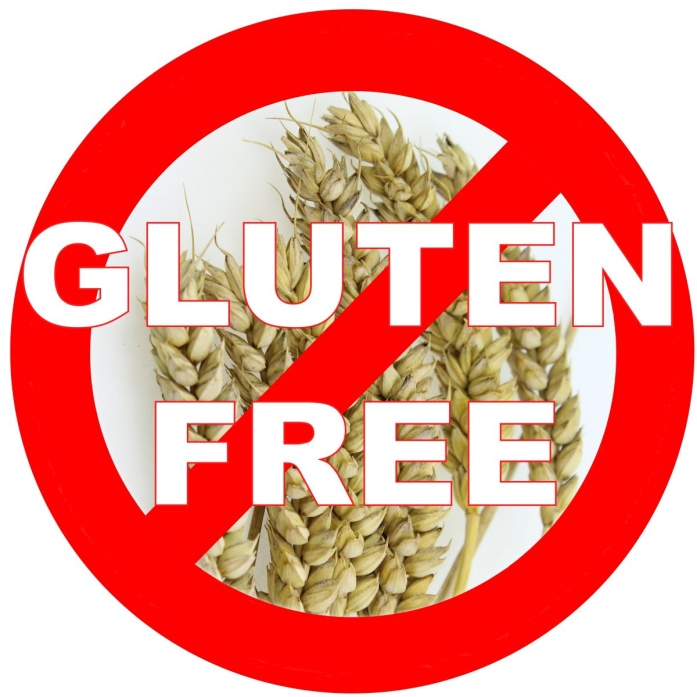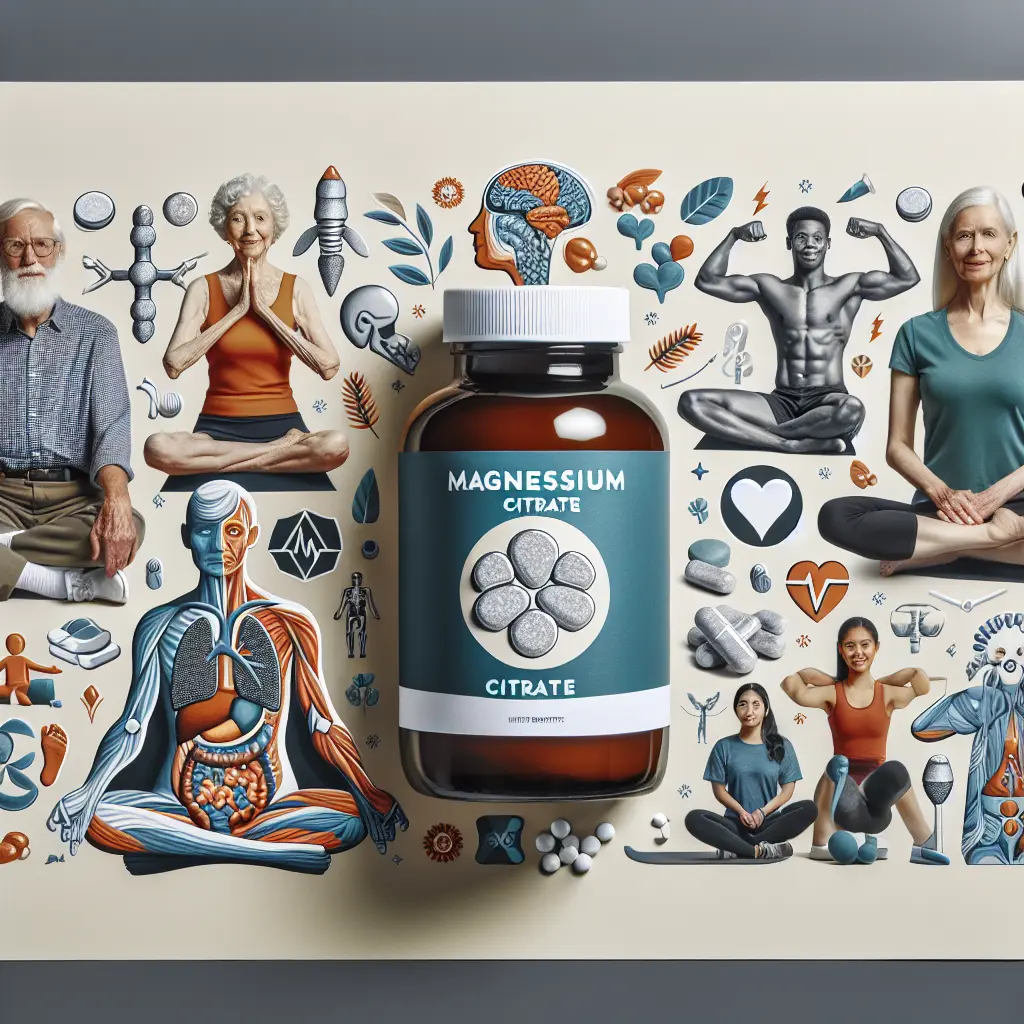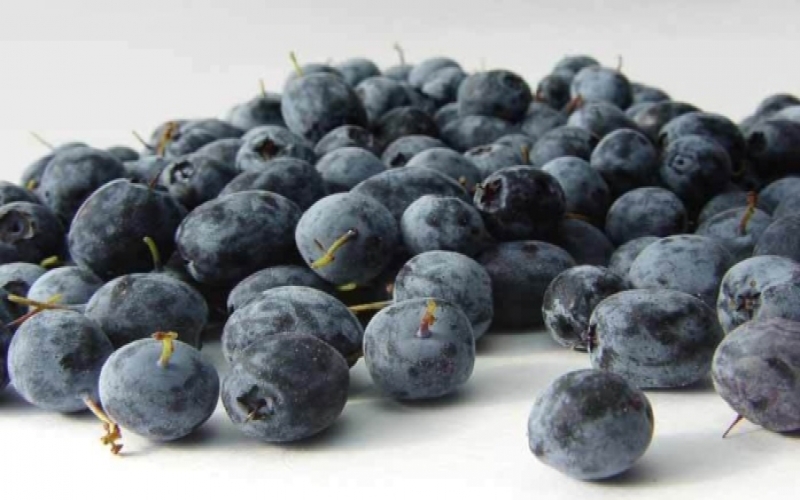Gluten: Friend or Foe?
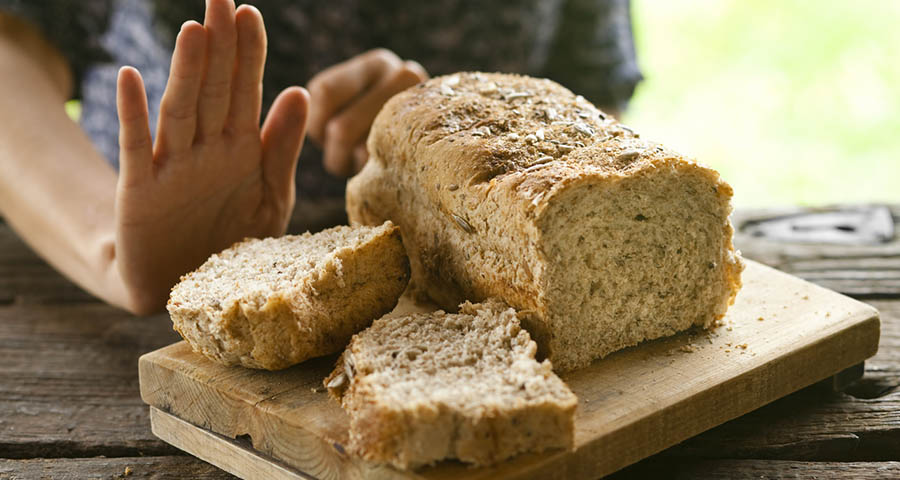
Gluten! It’s something we hear about more and more every day. It’s classically a hot topic of discussion, revolving all over the news.
More often than not, again and again same question is asked everywhere – what is this gluten actually? Gluten (“glue” in Latin) is a protein present in wheat and associated grains, such as rye, barley, wheat and oats. You have been consuming wheat, and the gluten in it, since years. It is one of the most profoundly eaten proteins on the globe. Gluten can have an effect on a person’s stomach, skin and even brain. When taken, the protein quickly attacks the small intestines, making it tough to process food. Consecutively, this makes it hard for individuals to get all the vital nutrients they necessitate.
Most commonly, bread is the food which gets connected to this word “gluten” and gluten is the deciding factor in lots of bread’s attributes. When two molecules named gliadin and glutenin, come into contact and create a bond, it leads to the production of gluten. When bakers mould dough, while making bread, that bond forms a plastic membrane, and this is what provides the bread its chewy texture. Gluten helps foods retain their shape, exactly acts like a glue holding food together. This protein offers our favorite food items that unique feel, for example, your favorite “pizza”, gluten does wonders by giving its dough a stretchy texture and bread its elastic feel. Not only this, gluten is often used to thicken soups as well as sauces.
So, why all the argument:
When it comes to safety and health issues, regular gluten consumption is a red signal. The two most commonly occurring conditions associated with this gluten include gluten sensitivity and celiac disorder. Celiac disorder is an autoimmune disease resulting from an irregular immune response to gluten, which brings about damage to the intestinal lining and thus, inflammation. For individuals experiencing celiac disease, the damage caused by consuming gluten is permanent, which basically leads to a weakened immune system, as all the essential vitamins and nutrients can’t be absorbed in the system. Also, it can give rise to problems such as diarrhea, acidity, bloating, fatigue, weight loss/malnutrition, infertility, abdominal cramps, blood loss or anemia, mouth sores and depression in many people.
And the second condition is gluten sensitivity or non-celiac disease, which is a less-serious condition as there is no risk of intestinal damage, which sets it different from celiac disorder.
The signs of both the conditions are almost alike; though individuals with non-celiac gluten sensitivity might experience rashes and headaches when the protein is taken in. People experiencing non-celiac gluten sensitivity remain free from damages of small intestine from ingesting gluten, but worrying signs will crop up even so. Some gluten sensitivity engrosses a smaller amount of intestinal troubles as compared to celiac disease does.
About 9 out of 10 individuals suffering from this celiac disease are not even aware they have the disease; however an easy blood test can provide clues. Since celiac disease is an atypical immune response to gluten, there are no means to treat it, so individuals experiencing this condition should necessarily maintain a 100% gluten-free diet. When gluten gets completely eradicated from their diets, their intestinal linings would breathe and eventually gets a chance to heal. There are obviously methods by which you can moderate the deteriorating symptoms if gluten is unintentionally taken in the system. A natural health supplement such as coriander oil can be a favorable and gluten-free means to lessen the symptoms.
If you are suffering from a gluten sensitivity issue, please consider avoiding pizzas, pastas, seasonings and spices containing gluten (check for the labels) in your diets. And include eggs, legumes, fruits and veggies, nuts as well as potatoes in your diet as these are gluten-free.
You might be surprised to know that, even some toothpaste carries the gluten protein. So, make sure to read the ingredient labels not only on your foods, but your toothpaste as well, the very next time you enter your supermarket.
What is considered Gluten-Free?
As per the Food and Drug Administration (FDA), a gluten-free diet is not comprised of wheat, barley, oats, rye, or any of their derivatives, and foods must not comprise of gluten at levels of more than 20 parts per million.
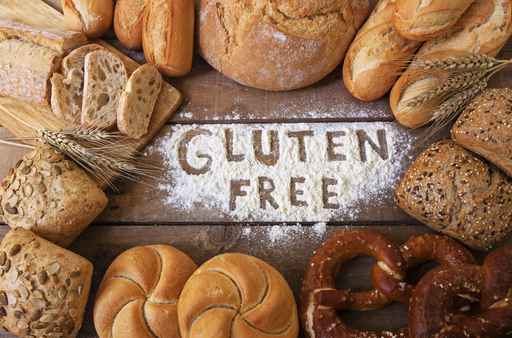
Some healthy tips for avoiding Gluten Cross-Contact:
- Never use fans in the places where gluten-free food is being prepared as airborne flour or other gluten impurities may cause cross-contact.
- Plan to prepare gluten-free foods at a separate place from other foods.
- Make sure to cover all the food containers.
Using these tips will surely be a good start to curtail cross-contact and shun away a potential gluten reaction.
A New Trend:
Diets completely free from gluten have become progressively more popular. The same applies when it comes to medicines and supplements. Nutritional supplements free from gluten are widely available nowadays and one such platform where gluten-free supplements are available is HEALTHDIVA: For Your Healthy Living!!! All the products available here takes care of your health and are totally free of gluten. Even restaurants are starting to deliver more gluten-free items on their menus.
Why so much or to say a majority of people are picking this lifestyle of gluten-free diets even if they don’t have gluten sensitivities? Let me tell you, to go gluten-free is now a growing “trend’, as almost all the population believe that it is healthy.
Thus, Understanding the challenges of a gluten-free nutritional practice is a key to healthy living.
